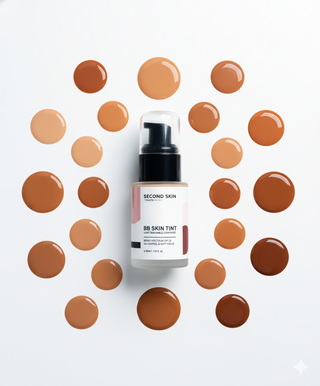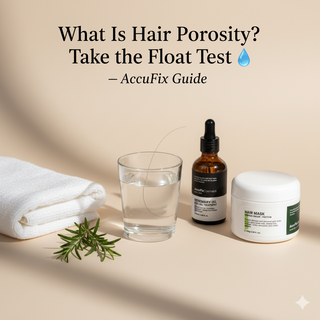Post
-

When Ingrown Hairs Turn Into Painful Pimples
You notice a red, painful bump on your skin and assume it's a pimple. But before you reach for the acne cream, consider this: it might be an ingrown hair....
-

Blackheads vs Whiteheads: Causes, Myths & Best Treatments
If your skin looks bumpy, rough, or dotted with tiny spots that never seem to go away, you’re probably dealing with blackheads or whiteheads. They might seem similar, but these...
-

Types of Acne: Understanding Different Breakouts & What They Mean
Not all acne is the same. Some breakouts are mild and surface-level, while others are deep, painful, and long-lasting. Treating acne without understanding its type often leads to irritation, worsening...
-

Azelaic Acid: The Multitasking Ingredient
There are skincare ingredients that do one thing well — and then there’s Azelaic Acid, the quiet multitasker that does it all. Whether you’re dealing with acne, redness, or pigmentation,...
-

Common Acne Myths That Damage Your Skin — According to Science
When it comes to acne, almost everyone has an opinion — from home remedies passed down generations to advice from social media influencers. But not all of it is true....
-

Hormonal Acne vs. Bacterial Acne: Understanding the Triggers
If you’ve tried multiple acne products—cleansers, exfoliants, spot treatments—but your breakouts keep returning, the issue may not be the products themselves. Not all acne is triggered in the same way,...
-

How to Treat Pigmentation Safely — What Actually Works
Pigmentation can be one of the most stubborn skin concerns to treat. Many people spend months trying different products without visible results. The truth is that treating pigmentation requires a...
-

Pollution & Acne: How to Protect Your Skin
City life has its perks — but glowing skin isn’t always one of them.If you’ve ever noticed more breakouts after a long day outdoors or in heavy traffic, you’re not...
-

Tinted Moisturizer vs BB Cream: Which One Should You Choose?
When it comes to keeping your skin fresh and even without the weight of a full foundation, two names often come up: tinted moisturizers and BB creams. Both look similar...
-

Hair Porosity 101: What It Is, Why It Matters, and How to Care for Yours
In this blog, we’ll explain what hair porosity is, how to test it at home, and how to care for your hair based on your porosity type.
-

The Gentle Touch: 5 Amazing Benefits of Baby Massage
Explore why baby massage is so wonderful and how you can easily make it a part of your daily routine.
-

Diaper Rash in Babies: Why It Happens and How You Can Keep It Away
A complete guide for parents on how to effectively treat, prevent, and understand the causes of baby diaper rash.












